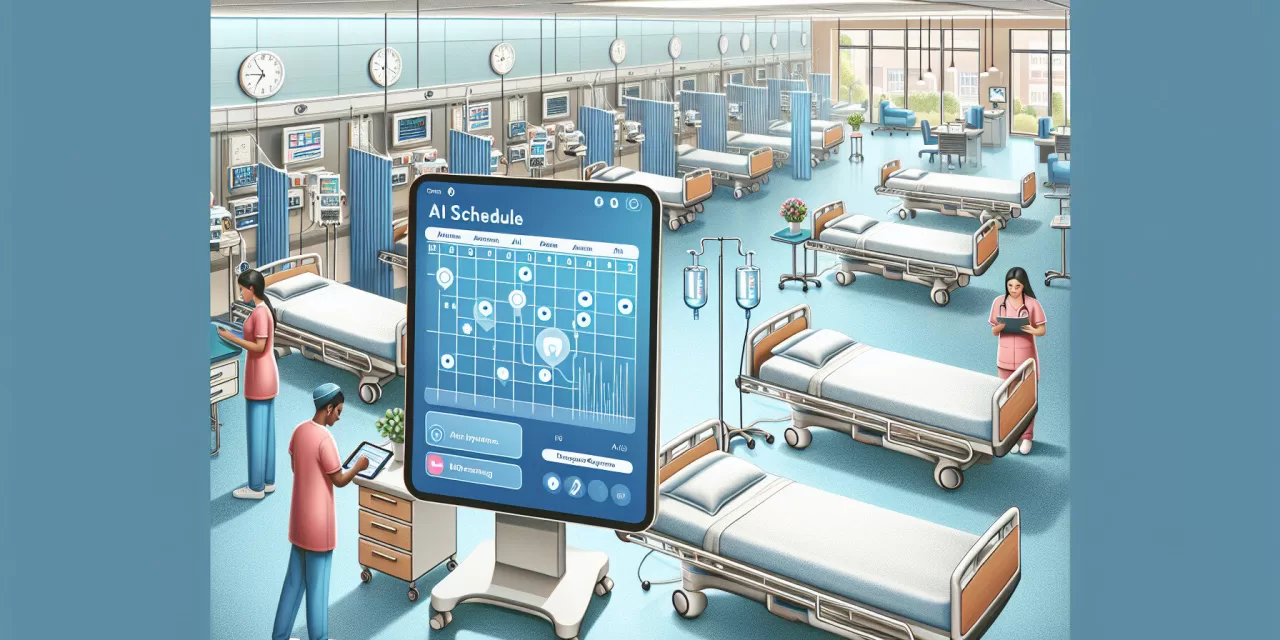The burgeoning field of artificial intelligence has once again demonstrated its life-saving potential, this time by successfully repurposing existing drugs to treat a man with a rare and life-threatening condition. Joseph Coates, a 37-year-old suffering from POEMS syndrome, was told by his doctors that there was no hope for his survival. However, an AI-driven approach, spearheaded by Dr. David Fajgenbaum, offered a lifeline where conventional medicine had failed.
Coates’s condition, a rare blood disorder affecting multiple organs, had deteriorated to the point where his doctors believed a life-saving stem cell transplant was impossible. His girlfriend, Tara Theobald, sought a second opinion from Dr. Fajgenbaum, who utilized AI-powered drug repurposing to devise a novel treatment plan.
Dr. Fajgenbaum, founder of the nonprofit Every Cure, which leverages AI to identify new uses for existing drugs, proposed a combination of chemotherapy, immunotherapy, and steroids. This AI-suggested therapy proved effective, strengthening Coates sufficiently to undergo the crucial stem cell transplant four months later.
This case highlights the power of AI in sifting through vast amounts of medical literature to identify potential drug side effects that can be beneficial for patients with rare diseases. The AI’s ability to quickly process and analyze data allows for the discovery of therapies that might otherwise be overlooked by human clinicians.
“If you comb through enough drugs, you eventually find the side effect you’re looking for, and then that becomes the main effect,” said Dr. Matt Might, a researcher at the University of Alabama, who has also used AI to treat a patient with chronic vomiting.
Every Cure, which recently received over $100 million in funding, aims to conduct clinical trials for AI-based repurposed drugs. This approach has the potential to benefit millions of people worldwide who suffer from rare and difficult-to-treat diseases, for which pharmaceutical companies may have limited incentives to develop new drugs.
While AI’s role in drug repurposing shows immense promise, it’s crucial to remember that doctors retain the ultimate decision-making authority. AI serves as a powerful tool to accelerate discovery, but human expertise remains essential in evaluating and implementing treatment plans.
Coates’s remarkable recovery underscores the potential of AI to revolutionize medical treatment, offering hope to patients facing seemingly insurmountable health challenges.
Disclaimer: This article is for informational purposes only and does not constitute medical advice. The information presented is based on reported cases and research, and individual medical situations may vary. Always consult with a qualified healthcare professional for any health concerns or before making any decisions related to your health or treatment.1 The use of AI in medicine is an evolving field, and further research and clinical trials are necessary to fully understand its potential and limitations.(https://bgr.com/science/doctors-left-a-sick-man-for-dead-but-then-ai-saved-his-life/)












